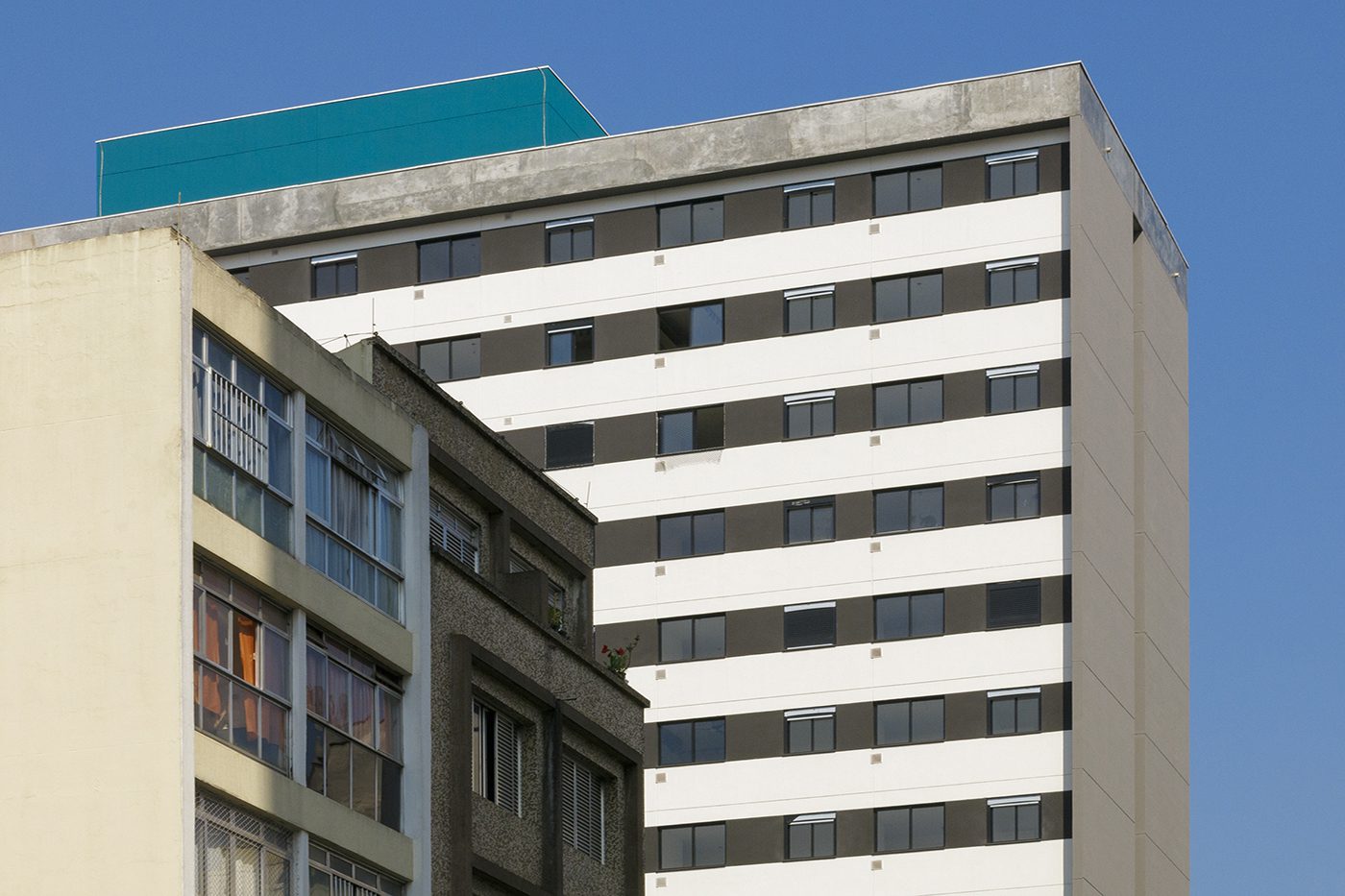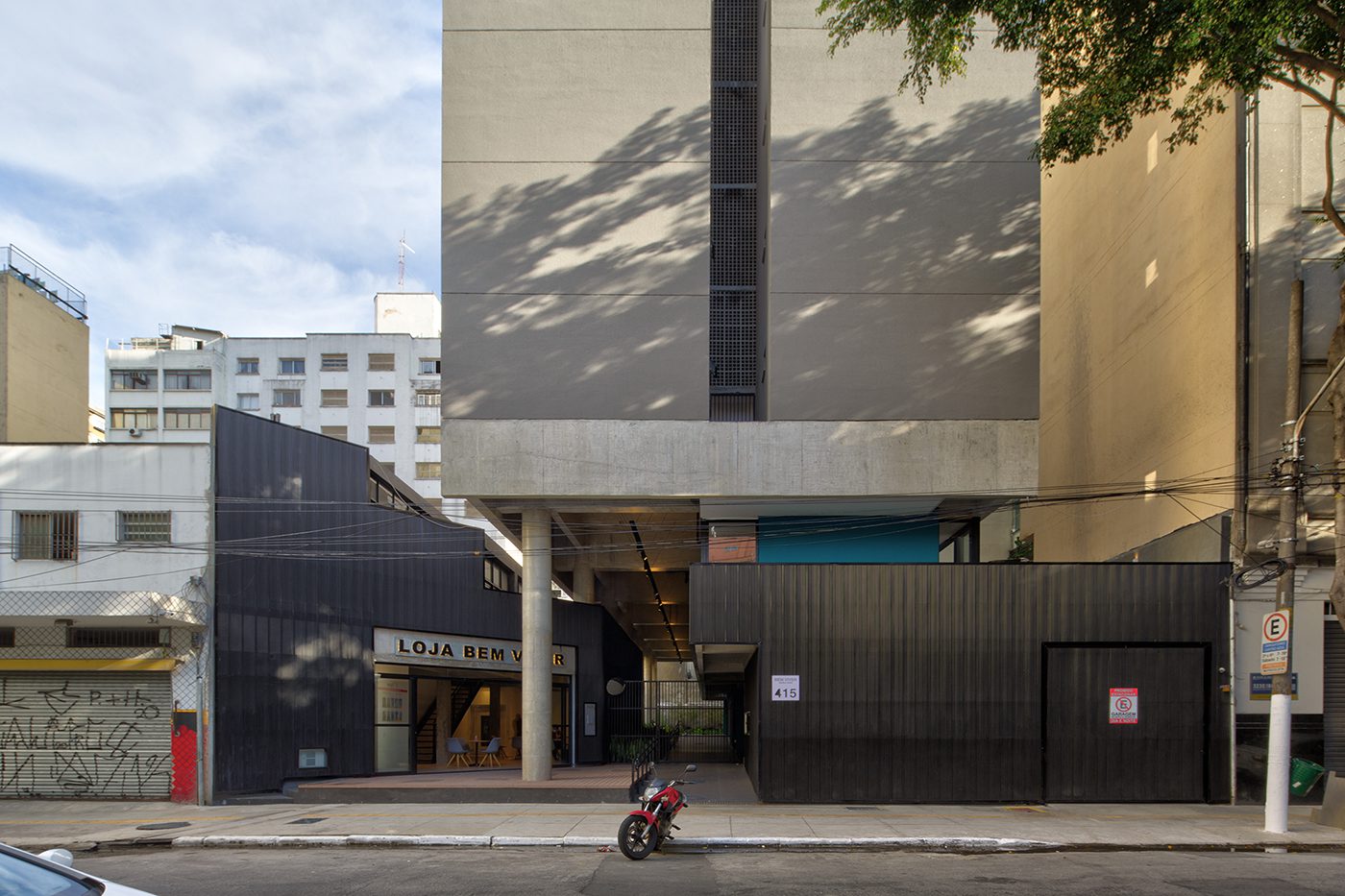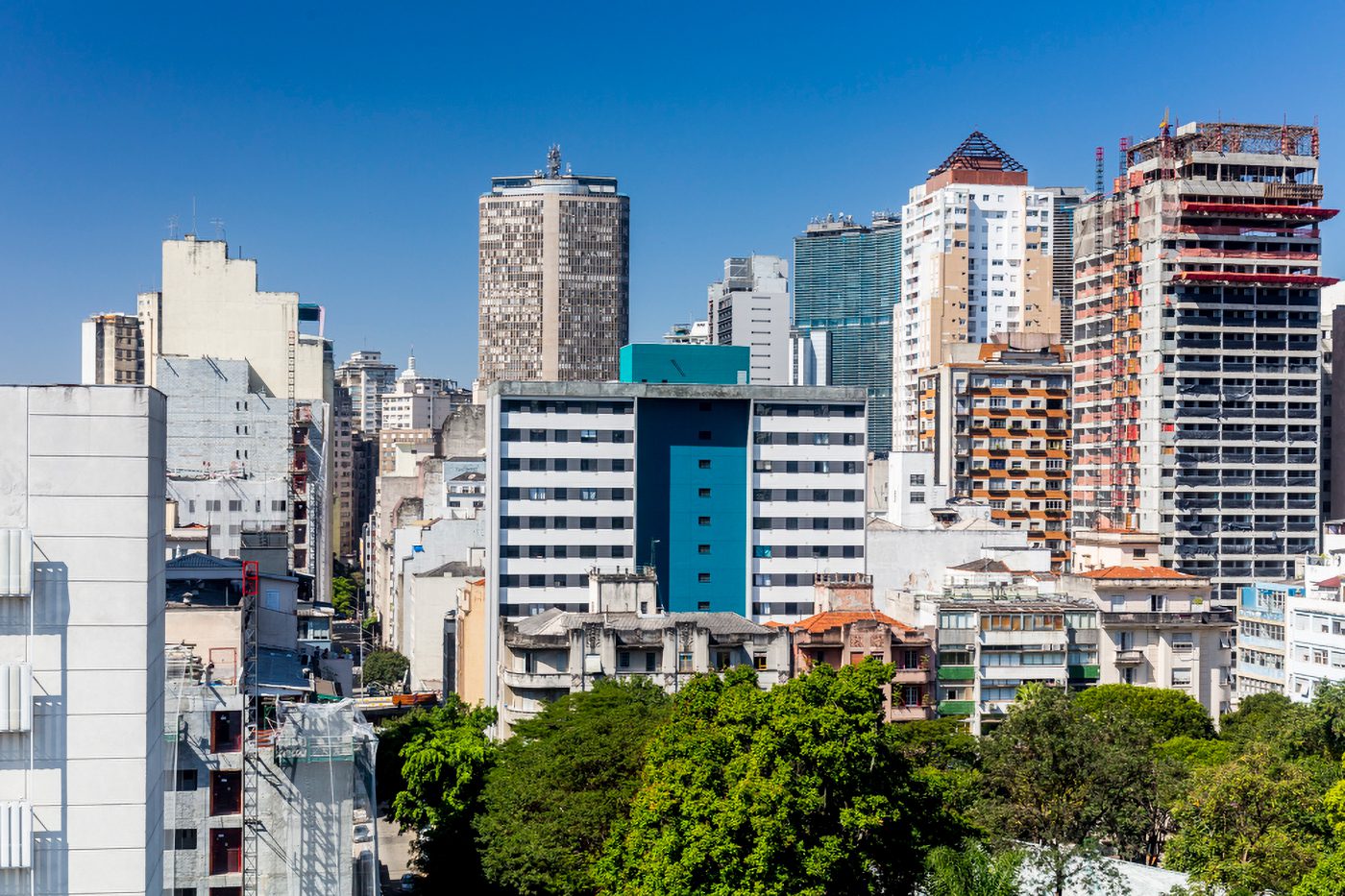Project implementation: Brazil
Project development: Brazil
The search for available land in the tangled web of cities only reveals a dynamic that seems to be reaching its limit, whether in urban, social, or economic terms. It's no longer possible to expand roads for cars, it's no longer feasible to extend the urban network and infrastructure beyond what already exists, and it's no longer acceptable to spend hours of the day commuting. The irrationality of lot layouts and the lack of use in such dense areas seems absurd, but it can also be an opportunity.
Thus, the old parking lots, built in very precarious, almost temporary conditions, become potential spaces. Are parking lots losing their power? Are they giving up space to urban dwellers? It's not yet possible to say for sure, but perhaps we are experiencing a moment of transition, where new urban values are being constructed and materialized. A new imaginary of urban life can be glimpsed.
Given this context, small actions that may seem insignificant when viewed within the territorial scale, have a major impact when viewed from the perspective of the neighborhood and the building. By symbolically and physically taking the place of a former parking lot, the Bem Viver General Jardim 415 Building, built in downtown São Paulo, takes advantage of an already established urban environment and enhances the positive aspects of living in the center of a large metropolis, combining diverse uses with housing, tied to existing infrastructure.




